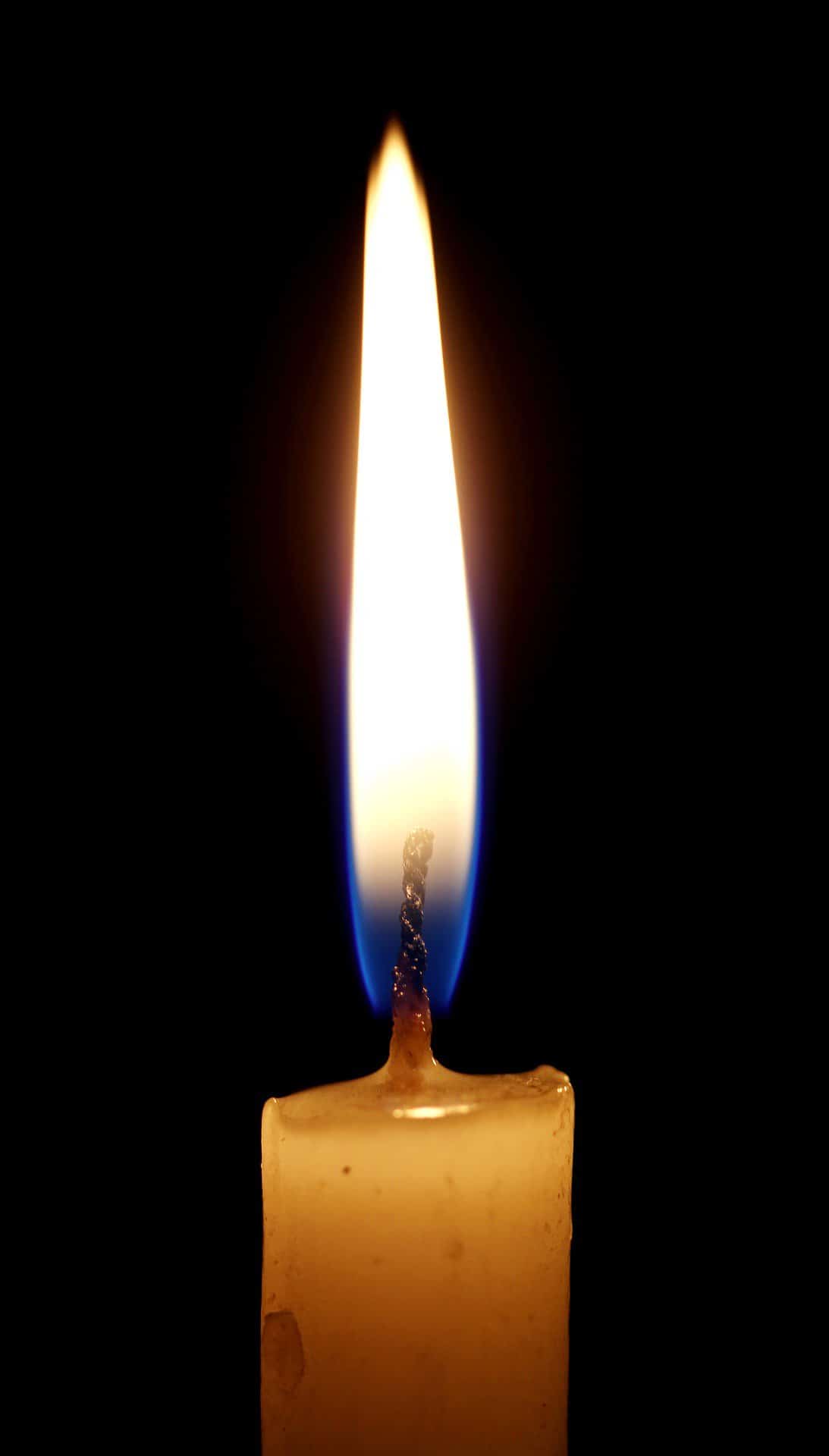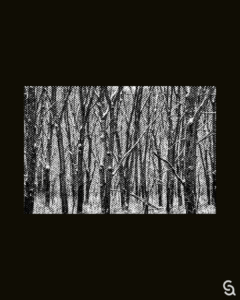
By Elrena Evans
“What’s your Christmas revolution?” My 10-year-old called from the back seat on the way to school.
“What?” I said.
“You know, revolutions,” he said. “Like New Year’s revolutions. I think we should have them for Christmas, too.”
“Resolutions,” I corrected. “And we don’t usually make them for Christmas. Just New Year’s.”
“Well, I think we should have them for Christmas,” he continued, undaunted. “Or maybe Advent. And they should be revolutions, not resolutions, because then it’s like we’re starting a revolution! My Advent revolution is to whine less about picking up my stuff.”
I was being handed a Teachable Moment, I realized, without even trying. I told him I thought Advent revolutions were a great idea.
“My Advent revolution is to like school more!” My kindergartner called out, a revolution I found perplexing as she loves school, but a good sentiment nonetheless.
“Mine is to practice my harp more faithfully,” said my 12-year-old, which I thought was an apt revolution, considering the number of concerts she’s playing in this month.
“Hangers!” My two-year-old yelled, prompting an explosion of giggles around the minivan and a clarifying question from my 10-year-old: “Do you mean you’re going to try and break less hangers?”
“Bweak less hangers!” He repeated gleefully, although to my knowledge, he’s never broken a hanger in his life.
My seven-year-old was quiet, and looked thoughtful. I asked him what his Advent revolution was going to be.
“My Advent revolution,” he said, pausing dramatically, “is to eat more chocolate.”
I guess four out of five isn’t bad.
~
As my children talked, I realized the concept of Advent revolutions was less like New Year’s resolutions, and more like a Lenten discipline. This makes sense, given the close pairing of Advent and Lent in the liturgical calendar. Both are seasons of reflection, confession, preparation. When my eldest was still small she made up the following rhyme:
In Lent
and Advent
it’s time to repent.
Accent on the wrong syllable notwithstanding, the premise is correct—Advent, like Lent, is a time of repentance. And oh, we have so much for which we need to repent.
Sometimes it’s hard to focus on the necessary work of penitence when we skip right over to all things twinkly and sparkly for Christmas. It’s equally hard to focus on the necessary work of penitence when we spend the entire Advent season rushing around, trying to make our vision of Christmas happen. Both Christmas joy and Christmas stress run the risk of robbing us of the time and mental space to stop, reflect, and repent.
Both Christmas joy and Christmas stress run the risk of robbing us of the time and mental space to stop, reflect, and repent.
So that’s my Advent revolution: to make the time—not find the time, make it—to be still. Still enough to reflect, confess, and repent.
The Book of Common Prayer contains a wonderful Litany of Penitence, created to be used during Lent, but equally applicable in Advent. This is my mediation, today and every day throughout this season of preparation and expectation.
Accept our repentance, Lord, for the wrongs we have done:
for our blindness to human need and suffering, and our
indifference to injustice and cruelty,
Accept our repentance, Lord.
For all false judgments, for uncharitable thoughts toward our
neighbors, and for our prejudice and contempt toward those
who differ from us,
Accept our repentance, Lord.
For our waste and pollution of your creation, and our lack of
concern for those who come after us,
Accept our repentance, Lord.
Restore us, good Lord, and let your anger depart from us;
Favorably hear us, for your mercy is great.
Accomplish in us the work of your salvation,
That we may show forth your glory in the world.
To read the full Litany, click here.
Elrena Evans is the Communications Associate for Christians for Social Action. She holds an MFA in creative writing from Penn State and has also worked for Christianity Today and American Bible Society. She is the author of a short story collection, This Crowded Night, and co-author of the essay collection Mama, PhD: Women Write About Motherhood and Academic Life. She enjoys spending time with her family, dancing, and making spreadsheets.



One Response
I really like the idea of revolution because Jesus coming brought a revolution – an overthrow of this present darkness and victory over death.
In the Catholic tradition, Advent is not a time of repentance or penance. This video by Fr. Mike Schmitz explains it well:
https://www.youtube.com/watch?list=PLeXS0cAkuTPpJ6j3eH59WudJhJ4q1tpwH&v=SA-gx-PWB0A